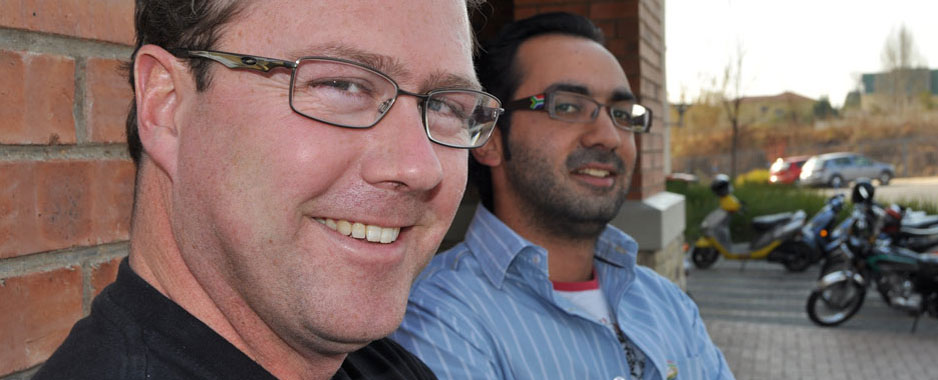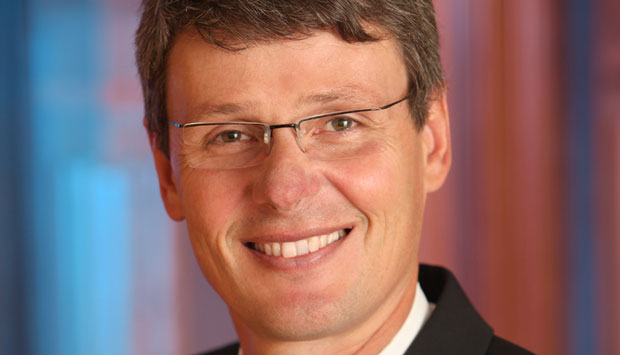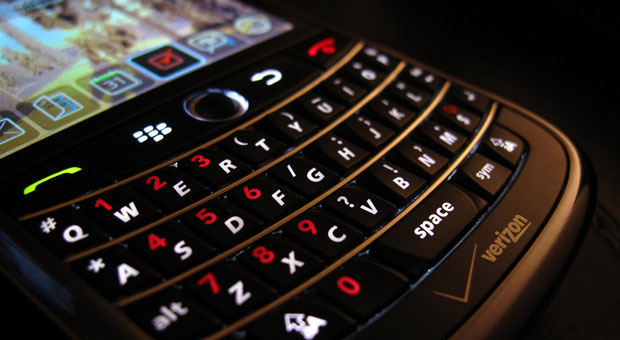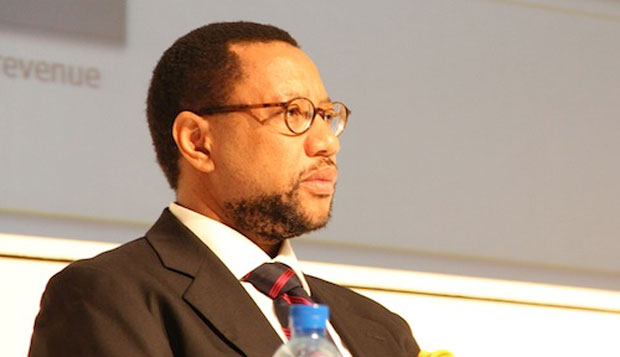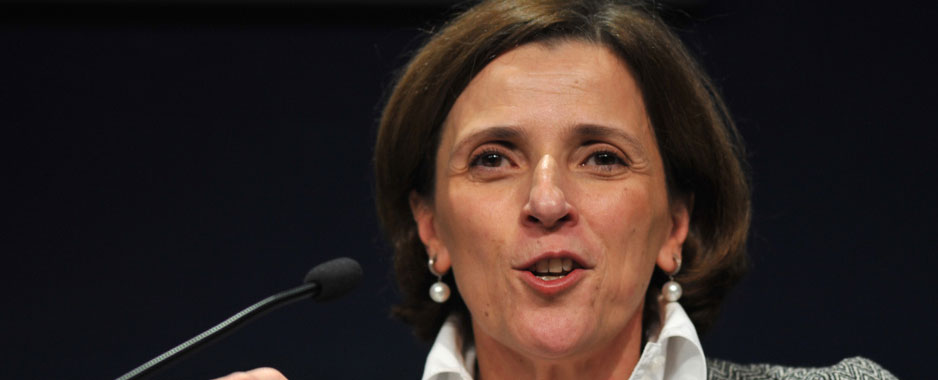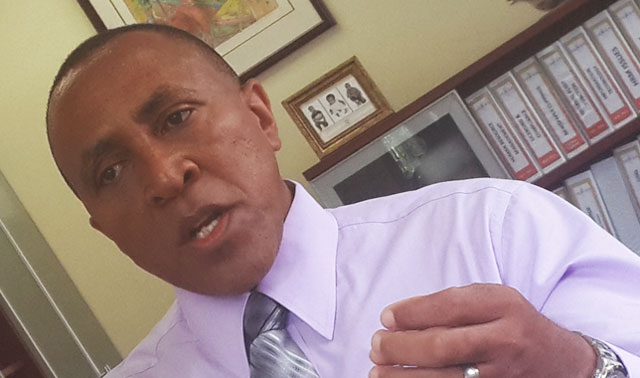Taiwan is home to a constellation of companies most people have never have heard of, making electronic gadgets and components for others with household names. The runaway success of one of these names, Apple, has made one of those Taiwanese suppliers, Hon Hai Precision Industry, the assembler of every iPad and most iPhones, less unfamiliar
Since 4 March, a new social discovery app on SA social networking service MXit has attracted more than 400 000 users. And it’s already generating enough revenue to cover its costs. The app, called JudgeME, helps people meet each other by uploading photos and answering a handful of questions. Other users can guess
On his first-ever earnings conference call, newly christened Research in MotionCEO Thorsten Heins seemed to come to terms with the bad hand he’s been dealt and admitted that the company was in need of “substantial change”. Change is indeed in order. RIM reported poor quarterly results on Thursday, with lower-than-expected revenues. And, in a shock, former co-CEO
BlackBerry-maker Research in Motion (RIM) has reported its fourth quarter 2012 results and, as expected, the earnings came in below expectations, writes Sean Ludwig. The company reported revenues of US$4,2bn, way below expectations, and earnings per share ended up at 81c, right on the money with projections. RIM sold 11,1m
Cellphone giant MTN was so desperate to win a mobile operating licence in the “virgin” territory of Iran that it allegedly put together a package of bribes, trading opportunities in sophisticated weaponry, capital investment and diplomatic influence that the Islamic Republic could not resist, write Sharda Naidoo, Craig McKune and Stefaans Brümmer
Signs are good that SA will defeat Australia in the bid to host the Square Kilometre Array (SKA) radio telescope project. This comes after Australia lodged five complaints with the SKA Organisation — a body comprising the member countries of the project — and the Australian press reported the findings of a confidential report
“Today, tomorrow, goodbye.” This tagline, a cheeky version of Absa’s slogan, “today, tomorrow, together”, used by trade union Solidarity in its Stop Absa campaign this week, reflects the sweeping changes at the country’s second largest bank. Hundreds of staff were given retrenchment notices this week or asked to reapply for their positions, while some were given immediate marching
Johannesburg-listed MTN Group is in crisis management mode trying to limit reputational damage after Turkcell filed an explosive lawsuit in the Washington federal court on Thursday morning (SA time), implicating government officials and executives from Africa’s largest mobile phone operator in a bribery and sophisticated weapons scandal
Silicon Valley has led the world in innovation and entrepreneurship because of its culture of information sharing and mentoring. No other region in the world is like it. But things are changing. In my travels to countries like India, China, and Chile, I’ve witnessed a noticeable evolution in entrepreneurial culture over the past five years.
However, trade experts question whether it can live up to this position as investors begin to increasingly look towards other African markets. In 2003, SA became part of the Ibsa grouping (India, Brazil and South Africa), and seven years later it joined the bloc of countries now known as Brics(Brazil, Russia, India, China and SA)



